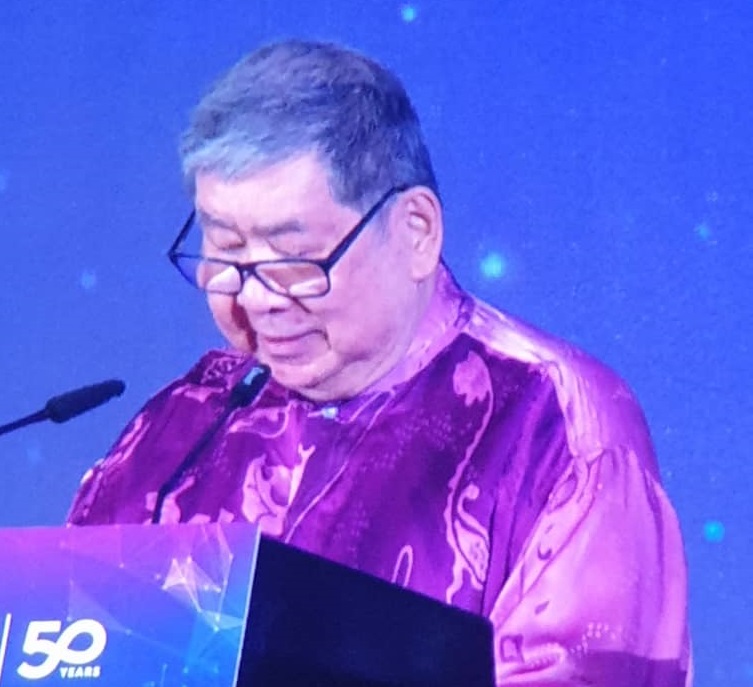
SINTOK, June 10 (Bernama) — The growing preference for brief, sensational and viral news is seen as eroding the values of in-depth journalism, which demands accuracy, thorough research and a comprehensive understanding of issues, according to a veteran journalist.
Malaysian Press Institute (MPI) president Datuk Yong Soo Heong said this trend poses a challenge in today’s journalism landscape, resulting in an increasing neglect of long-form journalism.
“In a multi-ethnic society like Malaysia, which comprises various races and religions, journalism must be practised with great responsibility.
“We should not highlight only negative aspects just for sensational headlines. Instead, we must be more sensitive in portraying positive values, fostering understanding and promoting unity, especially if we are involved in writing, broadcasting or publishing,” he said.
He said this at a forum titled “Cyber, Voice and Borders: Unravelling the Dynamics of Media Freedom in the Digital Era”, officiated by Communications Minister Datuk Fahmi Fadzil at Universiti Utara Malaysia (UUM) here today.
Yong said the world of journalism today demands that journalists be fast, agile, competent and authoritative in adapting to the rapidly changing media landscape.
He added that journalists are no longer just competing with one another or media organisations but are also contending with tireless entities, such as automation systems, artificial intelligence (AI) and digital platforms, which generate non-stop information 24/7.
“AI is no longer experimental. It has permeated newsrooms and smart devices, influencing how audiences receive information and make decisions.
“Algorithms are not only capable of generating headlines and article summaries, but can now craft automated narratives, produce fake images and videos (deepfakes), and create illusions that are increasingly hard to distinguish from reality,” he said.
Yong said the job of a journalist today is also far more complex, necessitating technological literacy, data competency and fact-checking skills in a fast-paced information ecosystem.
He added that journalists must also understand how disinformation spreads, recognise patterns of content distribution through algorithms, and assess the credibility of information not only by source names but also by context and dissemination.
“In my view, we should not let technology dictate our actions. Instead, we must learn to harness it effectively. Machines are not substitutes for humans. AI is merely a tool, and as informed individuals, we must be the ones making decisions, establishing ethical standards and upholding the noble principles of journalism.
“Human values and rational thinking should never be sacrificed for the sake of speed or popularity,” he said.
He also said that in the media world, credibility remains the most valuable asset, which does not come from technology alone but is derived from continuous training, integrity in research and honesty in delivering information.
— BERNAMA